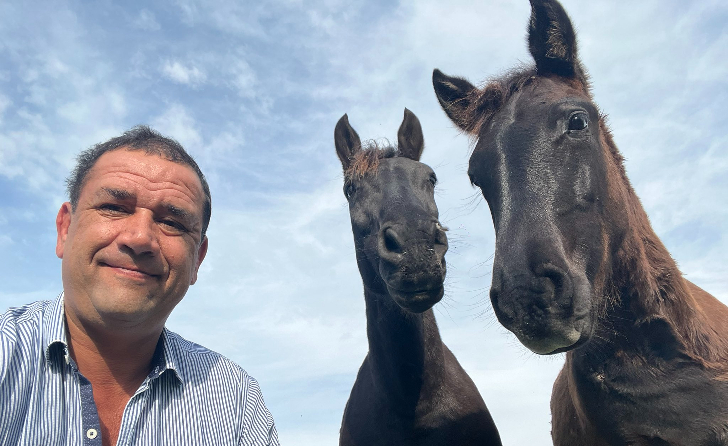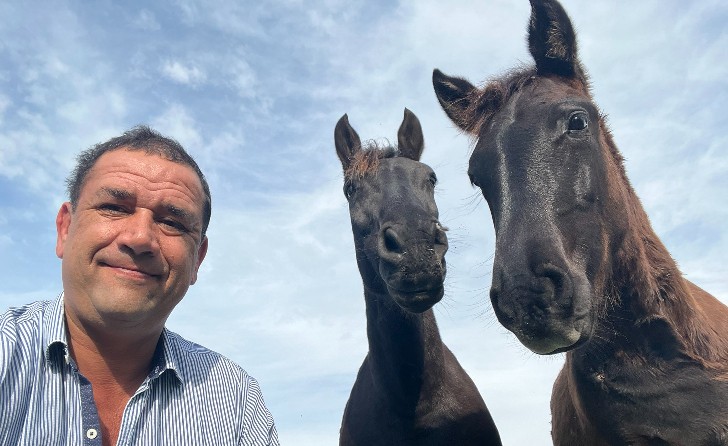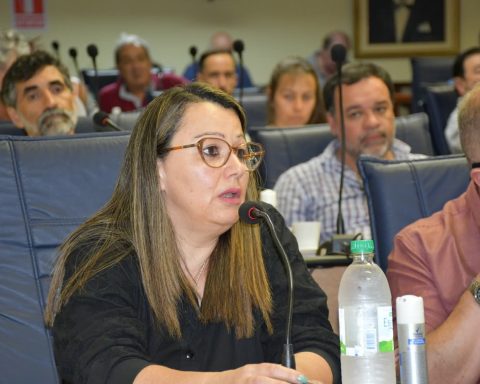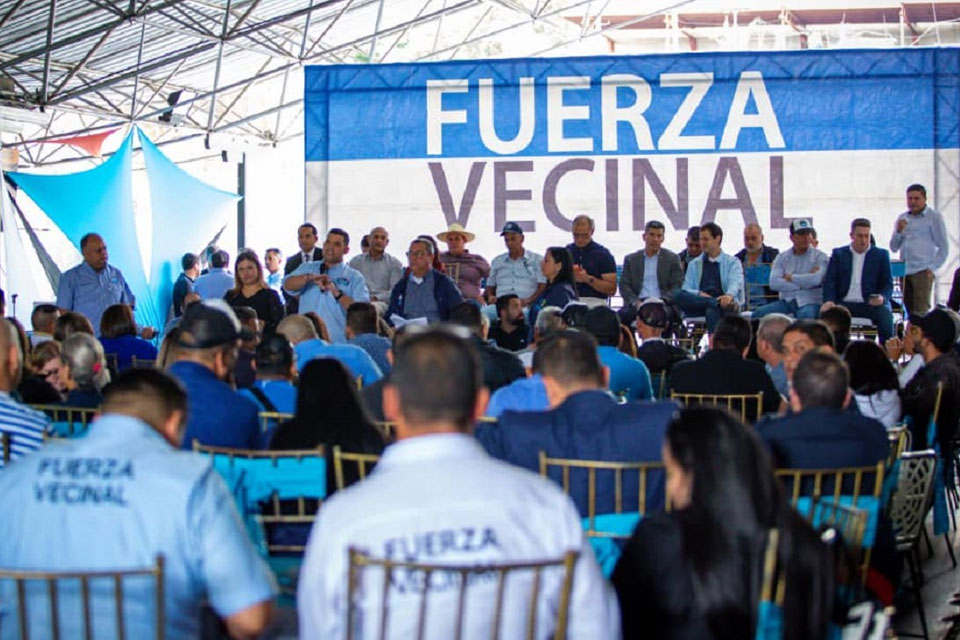
The senator for the National Party and agricultural businessman, sebastian da silvaa bill entered Parliament that aims to protect meat of animal origin, totally prohibiting the import, production and marketing of new meats created in the laboratory.
Da Silva sides with the countryside with a bill that, as he says in his explanatory statement, aims to “improve” the economic conditions for the production of meat and animal products. These multi-billion dollar industries are trying to place legislation around the world to try to stop the rapid advance of these types of products.
Lab-grown meat refers to meat developed from animal cell culture and not through traditional live animal husbandry and slaughter. Unlike plant-based burgers that are made with plant-based proteins, lab-grown meat is not an imitation of meat, but rather a real creation that seeks to provide a more sustainable and ethical alternative to food production.
In addition to protecting the meat industry, Da Silva says that he intends in his bill that they seek to avoid “confusion” in consumers and that they do not fall into “mistakes.” In the same direction, he points to article 292 of Law No. 19,924, of December 18, 2020, which obliges plant-based food producers (known in English as plant-based) that clearly indicate on their packaging that they are totally made with vegetable ingredients.
What is lab-grown meat?
Lab-grown meat, also known as cultured meat or synthetic meat, is a type of meat produced using tissue engineering techniques. Instead of raising live animals for meat, a sample of stem cells is taken from a live animal and grown in a controlled environment in the laboratory.
The lab-grown meat production process can be divided into four stages:
Extraction of stem cells from a living animal: A sample of stem cells is taken from a living animal. Stem cells are cells that can develop into other specialized types of cells found in the body, such as blood, liver, or muscle cells.
Stem cell culture in bioreactors: The stem cells are placed in large tanks called bioreactors that contain culture media. These recreate an environment similar to what the cells would find in the animal’s body and provide them with the necessary nutrients to multiply.
Differentiation of cells in meat components: The culture medium is changed to allow the stem cells to differentiate into the three main components of meat: muscle, fat, and connective tissue.
Creation of the scaffolding to shape the meat: The differentiated cells are separated and arranged to create the desired type of meat. This is achieved by using an edible scaffold that helps maintain the organization of the cells and provides them with additional nutrients for their development. The structure of the scaffold plays a crucial role in the formation of the meat, as it determines its final shape, whether it be a steak or ground meat.
The good of the industry against animal welfare
Mainly, people who seek to stop eating meat do so motivated by empathy with animals. Until now, and for centuries, a large part of humanity has been vegetarian or even vegan. Since the ethical implications of meat consumption are discussed, many people who love to eat meat are inclined to those plant-based options that taste the same or mimic the texture and flavor of those of meat origin.
Proponents of lab-grown meat also believe it is better for food safety because it is produced in controlled, sterile environments. This way, it is easier to avoid contamination with disease-causing bacteria such as E. coli or Campylobacter, which usually come from the intestines of cattle.
For now, it is not clear if the production of meat in the laboratory is more sustainable, or if the ethical and environmentally correct thing to do is to continue opting for plant-based products. Studies say that reducing livestock farming would reduce methane emissions that contribute to climate change, and this has become very bad publicity for the meat and dairy industries.
Although lab-grown meat is still considered meat, those who refuse to eat meat for animal welfare reasons may choose to consume it when it is produced this way.
















